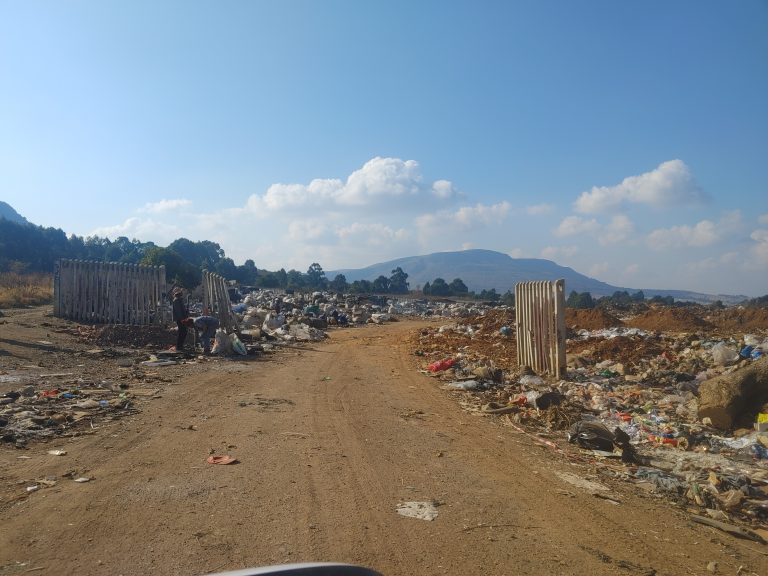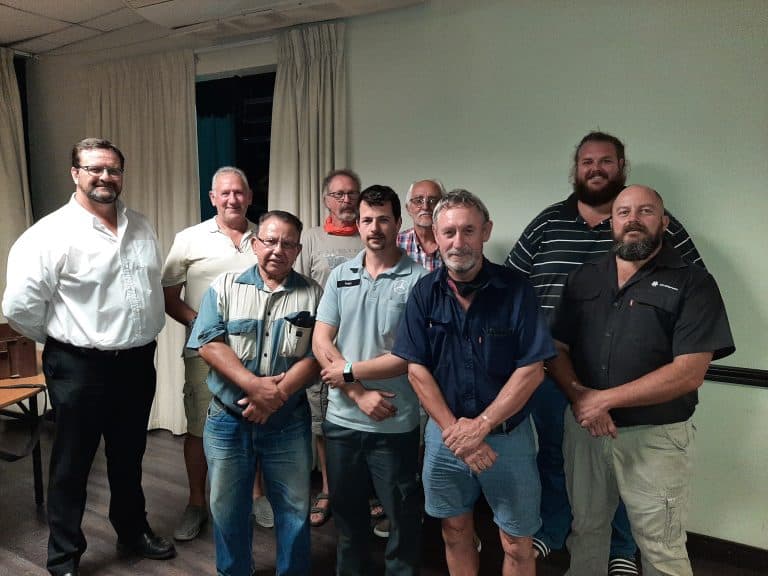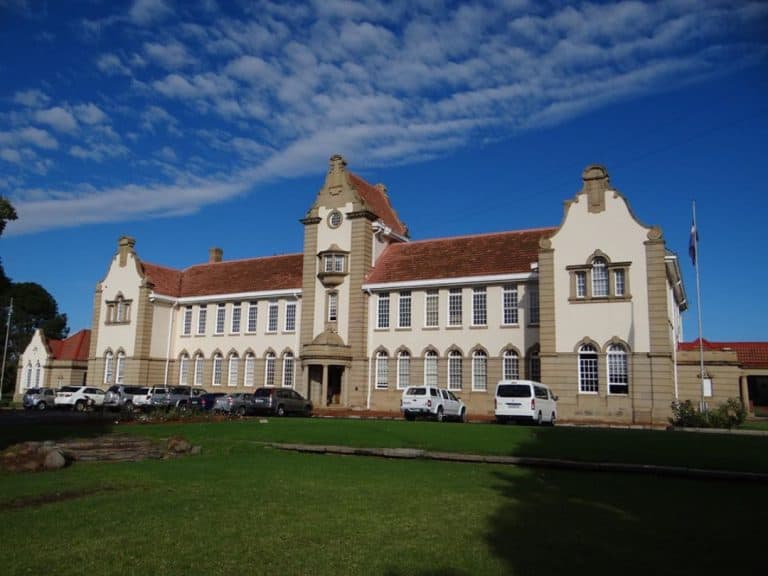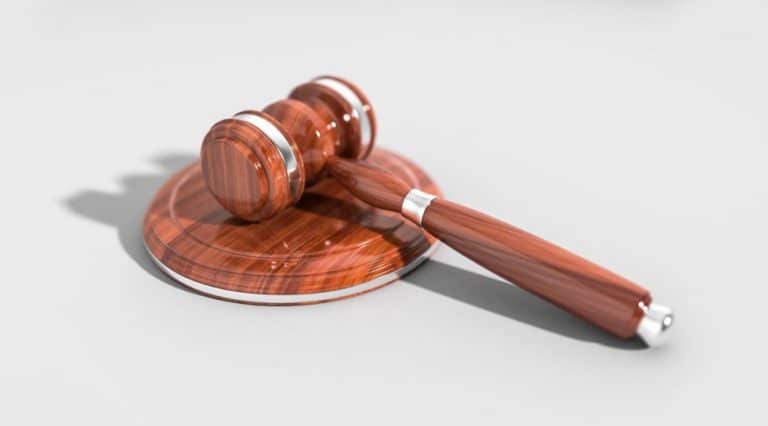Case of AfriForum and others against Johannesburg Metro regarding educational institutions’ property tax to continue at later stage
The case of AfriForum and others against the Johannesburg Metropolitan Municipality regarding the excessive increase in educational institutions’ property tax was heard virtually in the High Court in Johannesburg for the past two days, but there was not enough time to settle it. The parties will approach the court for dates on which it can be continued as soon as possible.
This legal action follows after the metro council did away with a property category that applied to educational institutions. The result is that public institutions will henceforth be assessed in the category of public service property and private schools as public enterprises. The tax rates in these categories are drastically higher, regardless of whether private institutions qualify to be recognized as non-profit organisations and are therefore eligible for relief.
“AfriForum takes a strong stance against this recategorisation and believes these increases also set a dangerous precedent. It is important for us to protect the interests of all taxpayers through legal action like this,” says Deidré Steffens, AfriForum’s advisor for Local Government Affairs.
Not only is the dramatic increase worrying, but also the procedural errors made by the Metro Council, for example that public consultation was not conducted on the adjustments.
“The provisional settlement of July 2022 that educational institutions will still only be responsible for the previous financial year’s rates, and will not be forced to pay the new rates, is welcomed, but offers no long-term solution,” adds Alana Bailey, AfriForum’s Head of Cultural Affairs.
“There is a serious shortage of educational institutions in Gauteng and these new rates create major risks for the sustainable survival of many institutions. AfriForum is concerned that some of them will have to close their doors or will have to cut back on the quality of their teaching if these higher rates apply in the current or future financial years. Legal action was therefore essential to ensure that the special nature of schools is recognized in the categorization and rate determination of their property taxes.”









